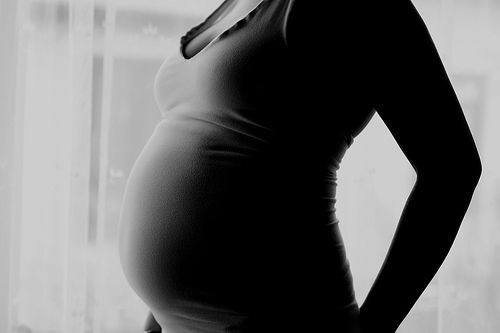Babies Can Feel Pain Early as 35 Weeks

Researchers have found babies can distinguish painful and regular stimuli from touch around 35-37 weeks gestation.
The study published in the journal Current Biology, show that neural activity in the brain gradually changes from an immature state to more adult like state from 35 weeks of development. The changes point out that neural circuitry allows babies to process pain as a separate sensation from touch.
"We are asking a fundamental question about human development in this study – when do babies start to distinguish between sensations? In very young brains all stimulations are followed by 'bursts' of activity, but at a critical time in development babies start to respond with activity specific to the type of stimulation," said DR. Lorenzo Fabrizi, lead author of the paper from University College of London Neuroscience, Physiology and Pharmacology.
Researchers using electroencephalography (EEG) were able to measure the electrical brain activity of the babies when undergoing routine heel lance, a procedure to collect essential blood sample for clinical use.
During the study researches were able to observe the brain activity of babies who were premature at 28 weeks, as well as full term at 37 weeks to measure activity at different stages of human brain development.
In the premature babies the EEG recorded none-specific neuron bursts or general burst of electrical activity, in the brain during a heel lance, while after 35-37 weeks babies response changed to targeted activity in specific area of the brain, indicating that pain stimulation is separate to touch.
Previous studies have shown that there is a similar shift from neuronal bursts to evoked potentials in the visual system at this time, suggesting that 35-37 weeks is a time when important neural connections are formed between different parts of the brain.
"It is important to understand how the human brain develops so that we can provide the best clinical care for hospitalized infants," said Dr. Rebeccah Slater, UCL Neuroscience, Physiology and Pharmacology



























